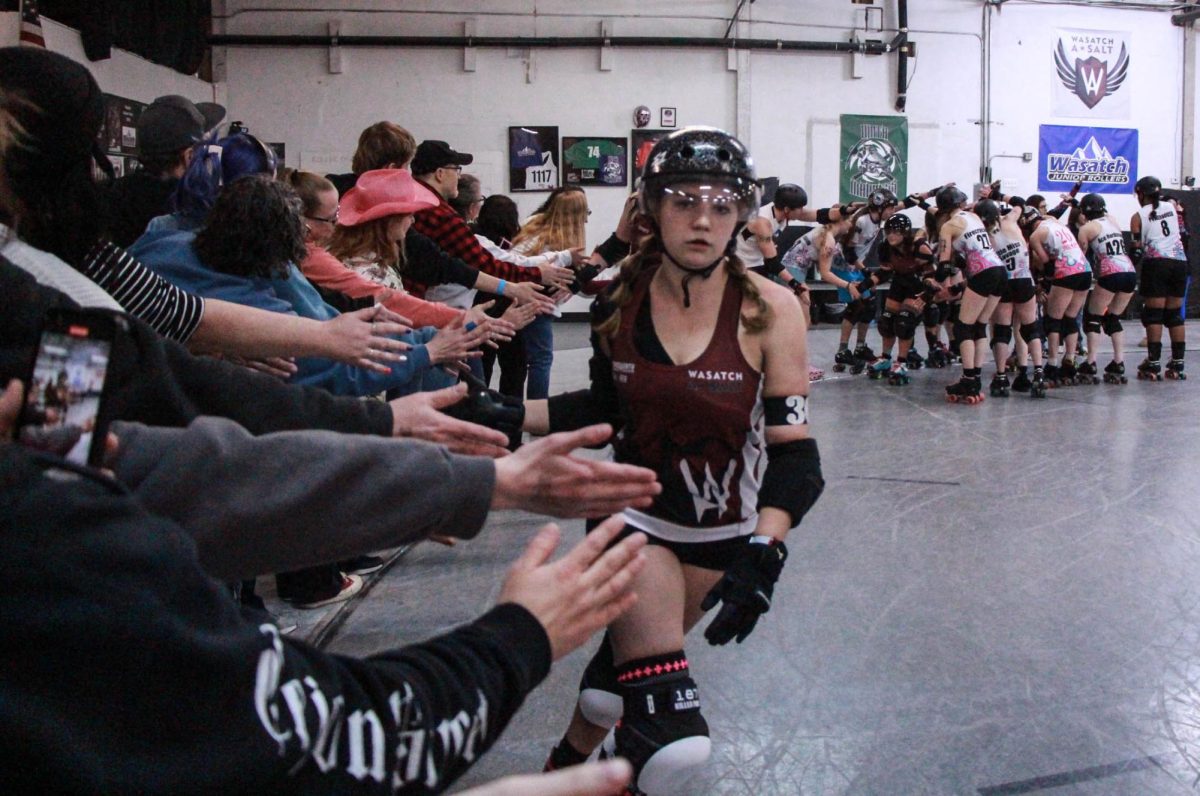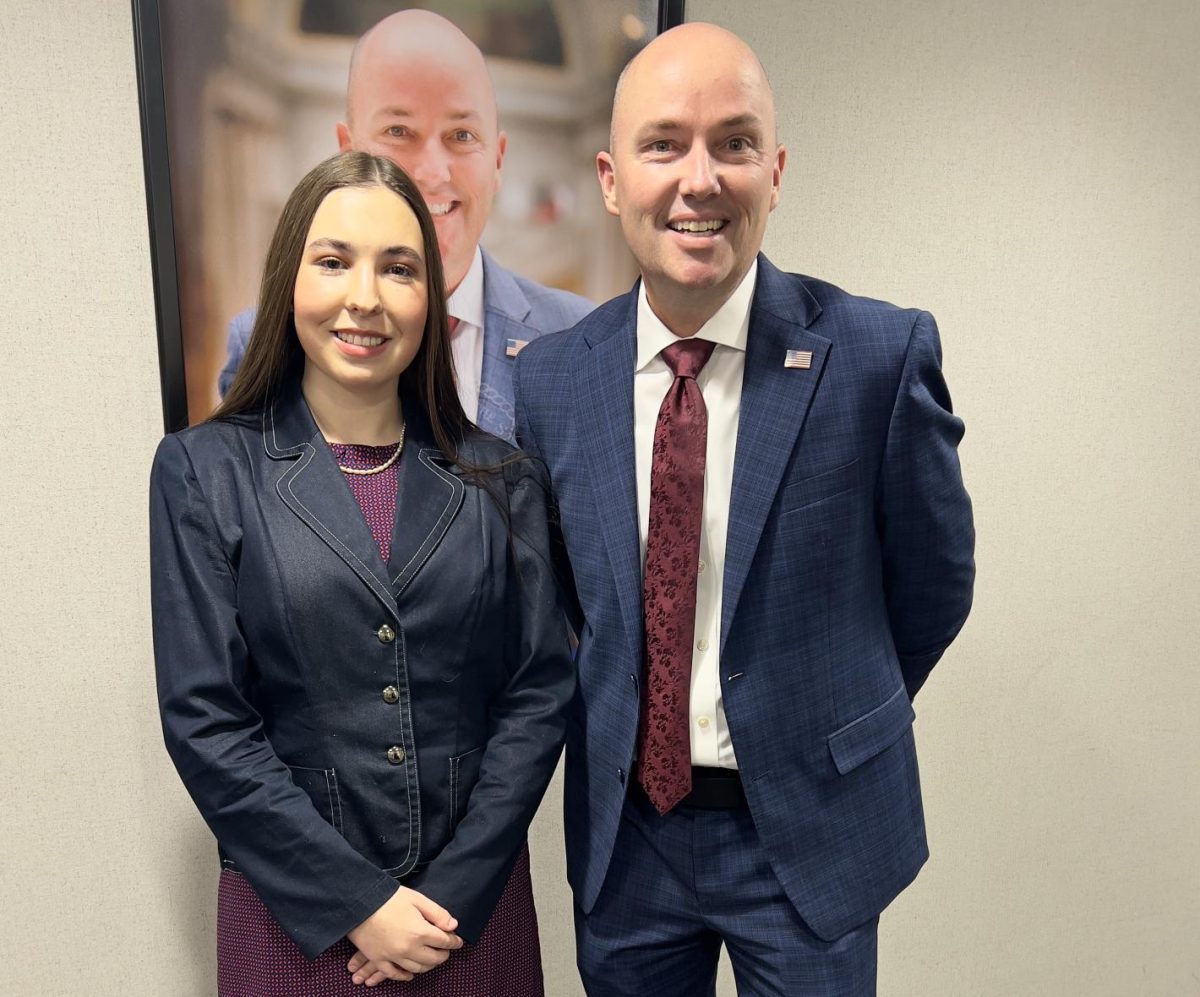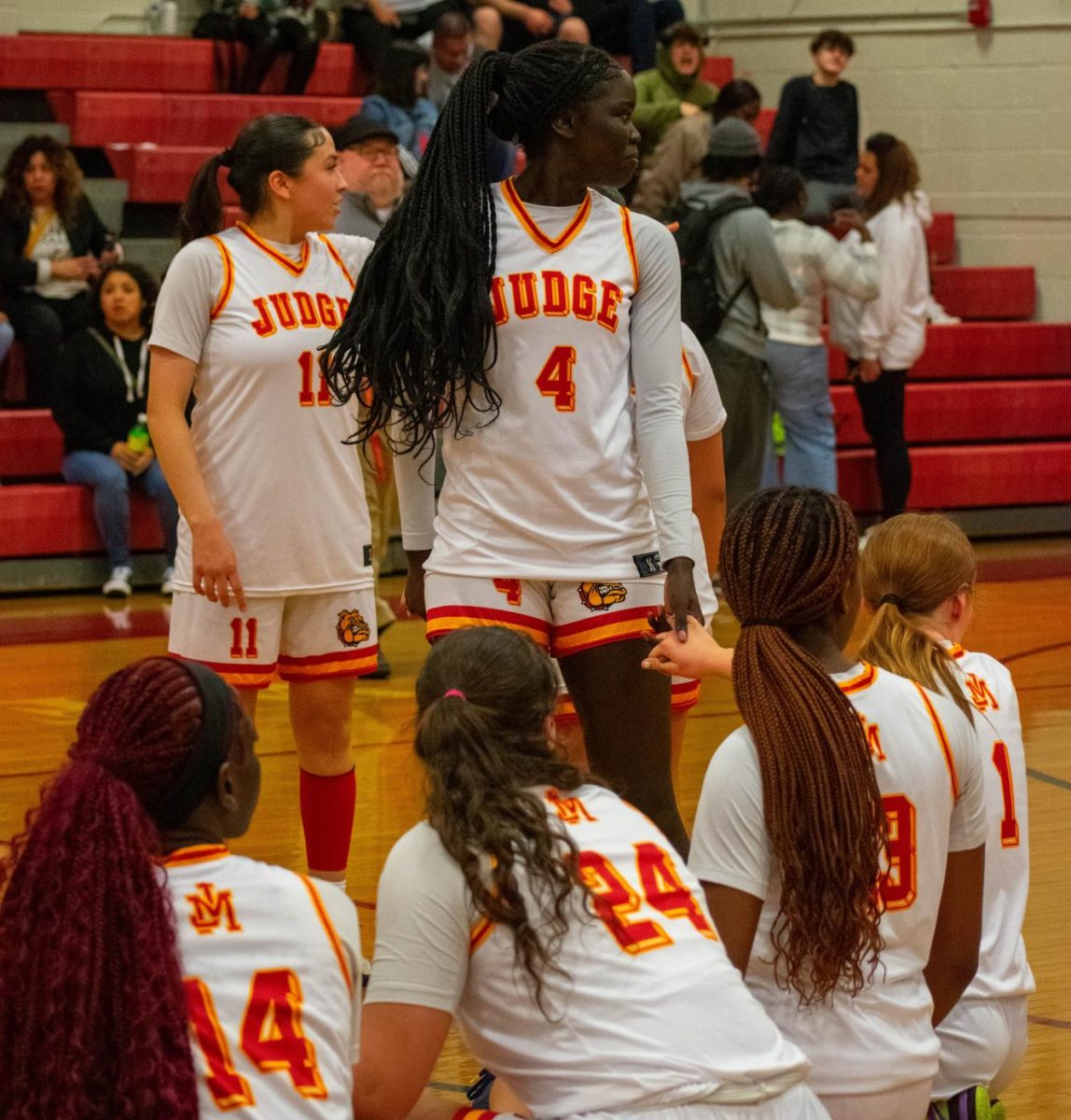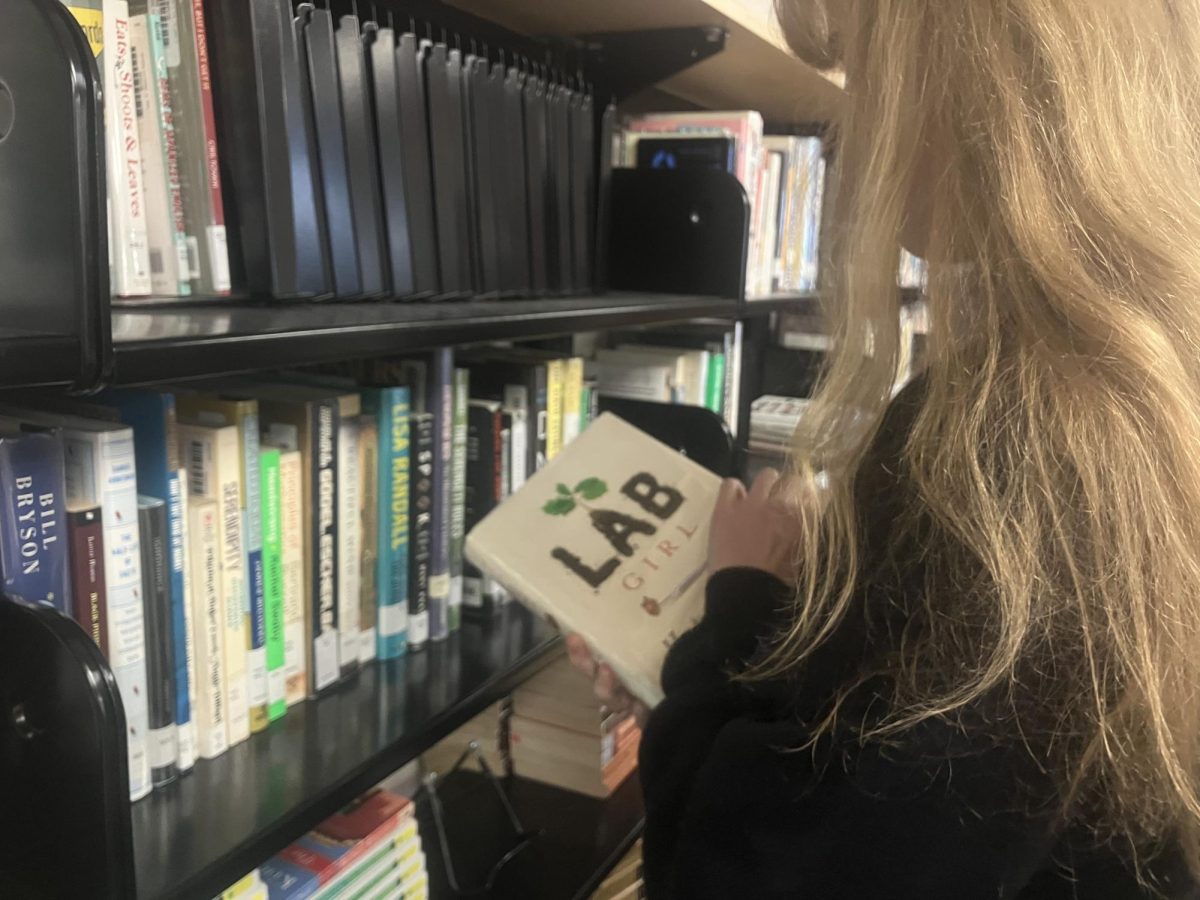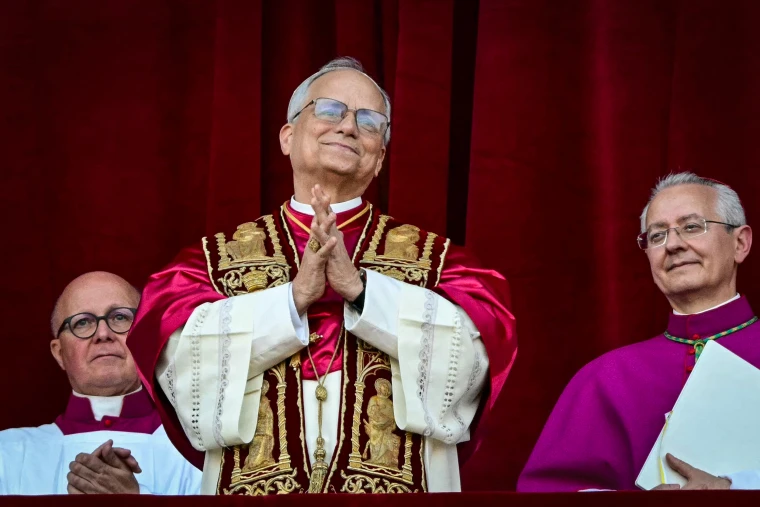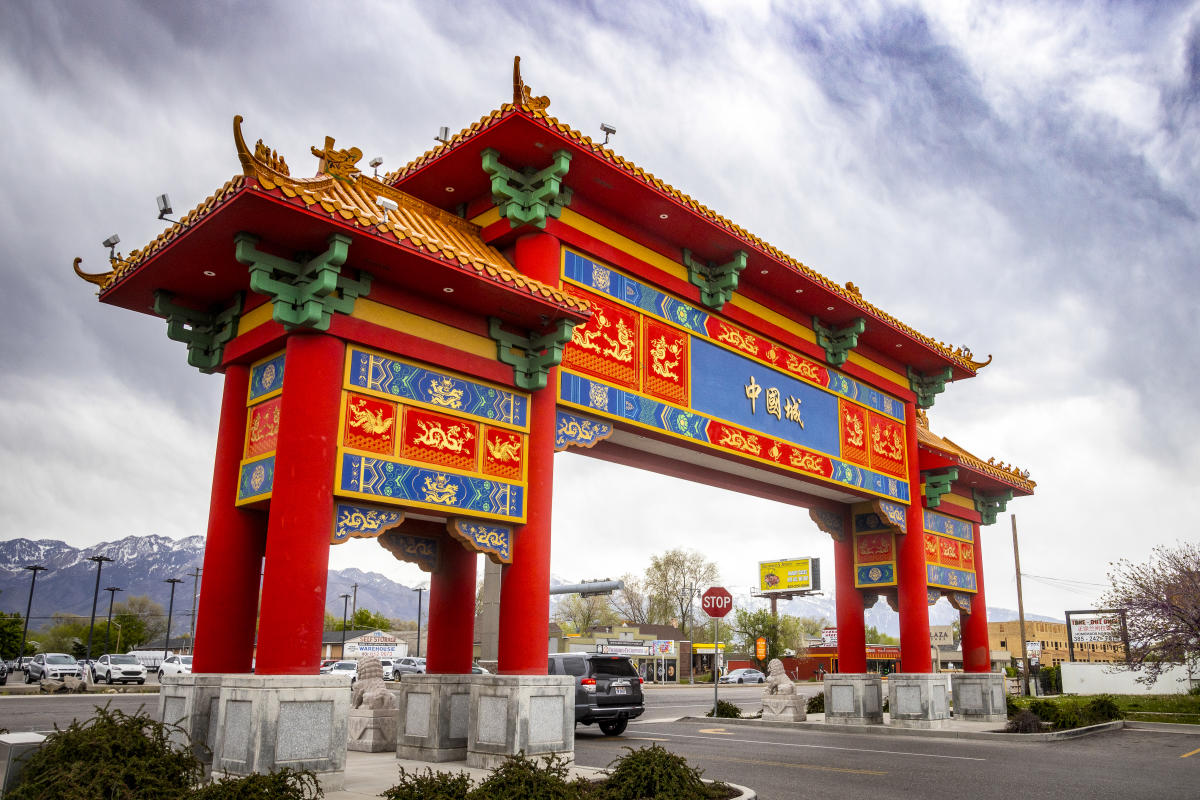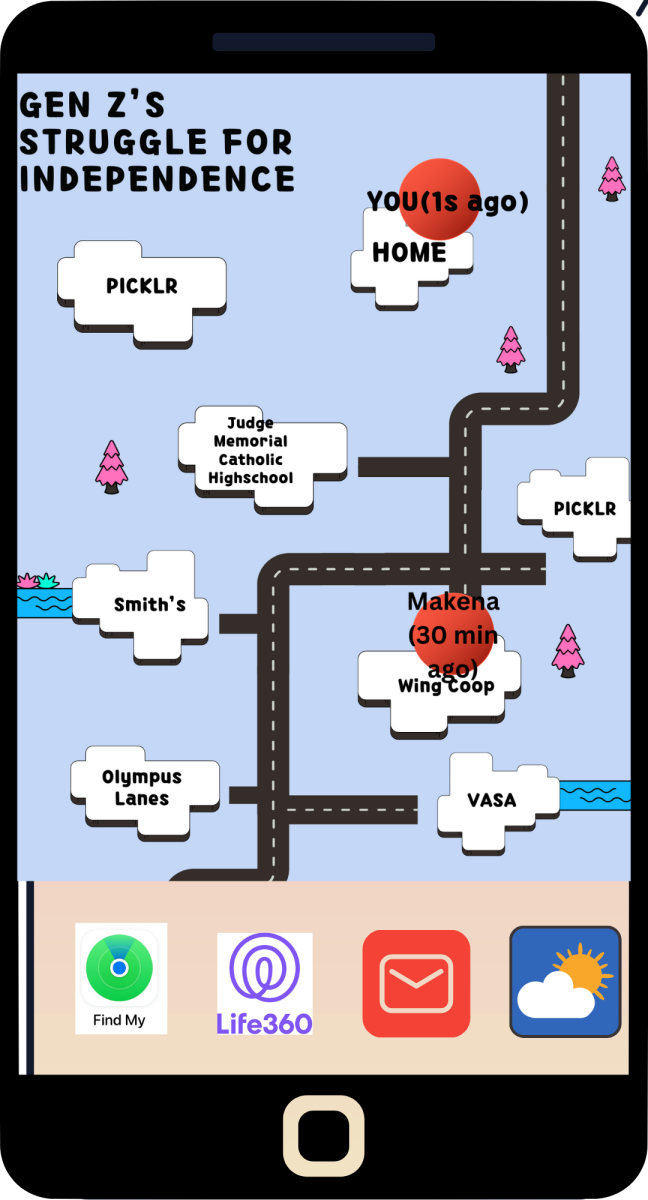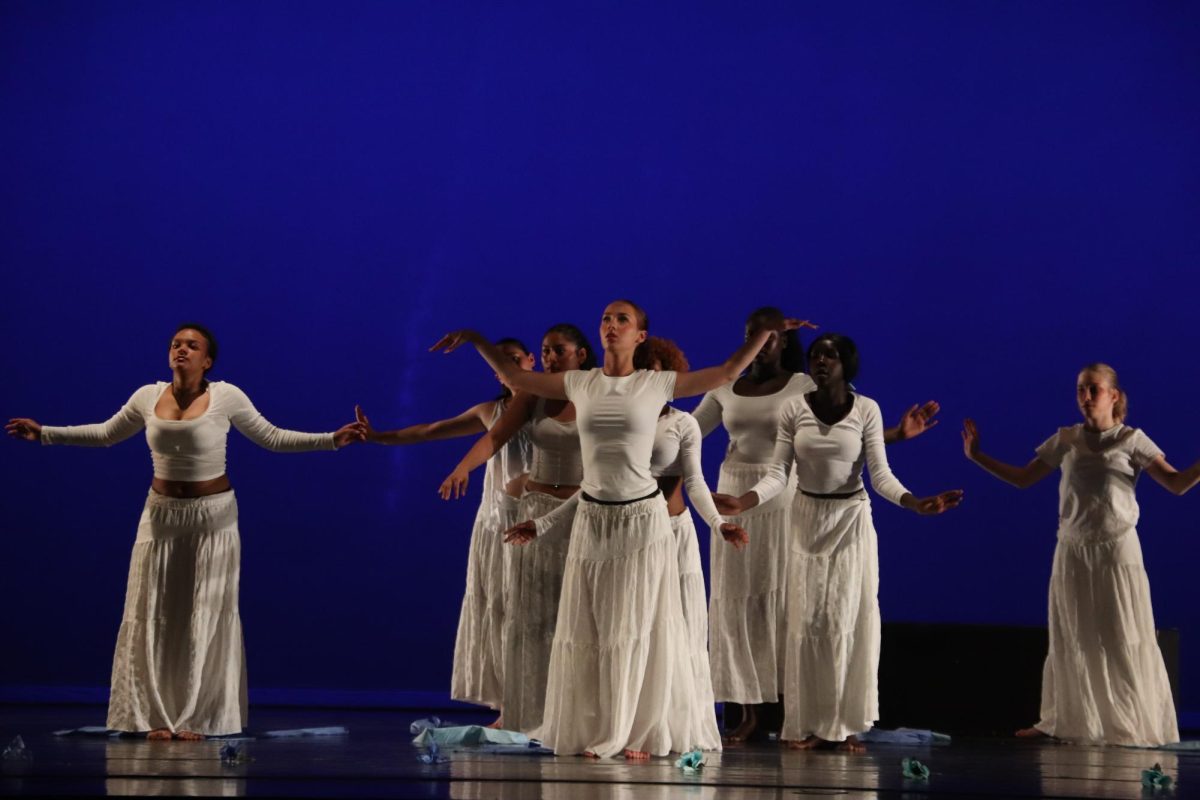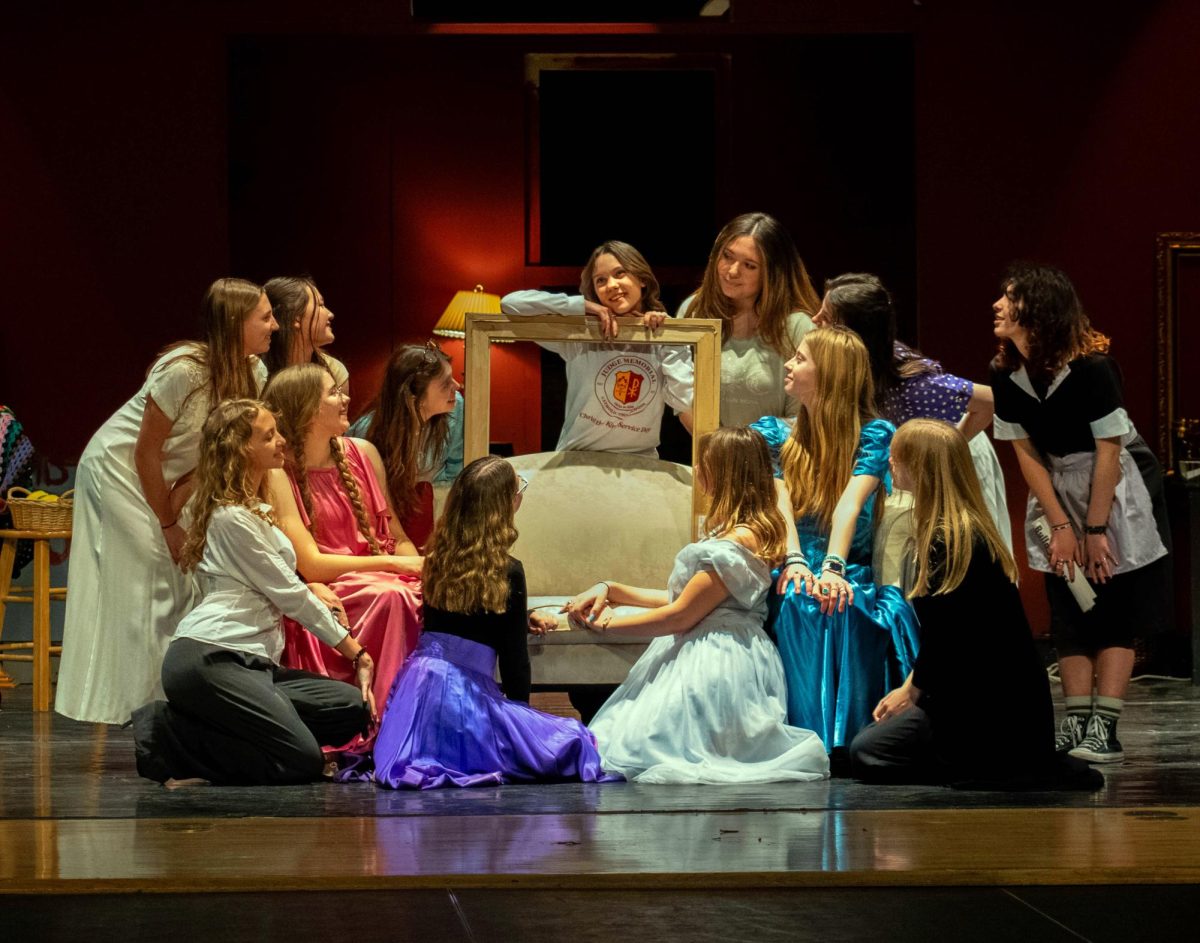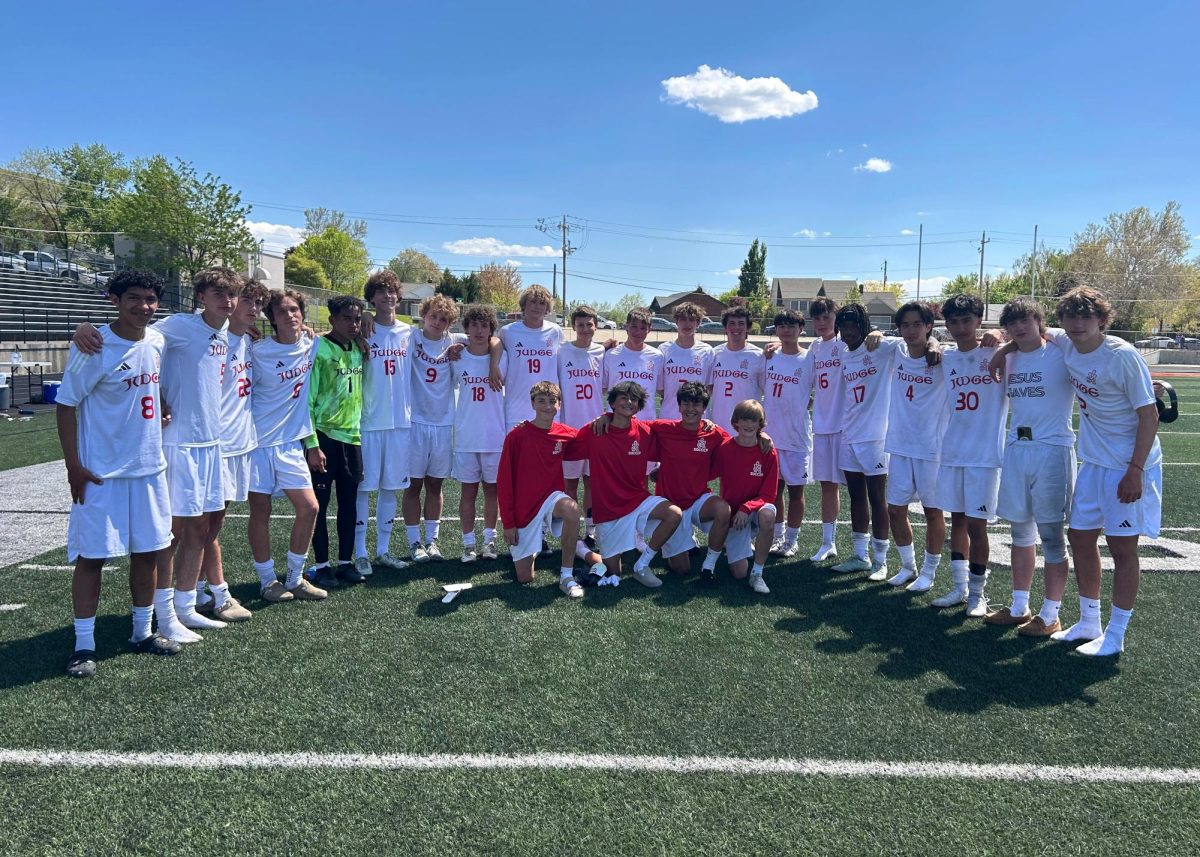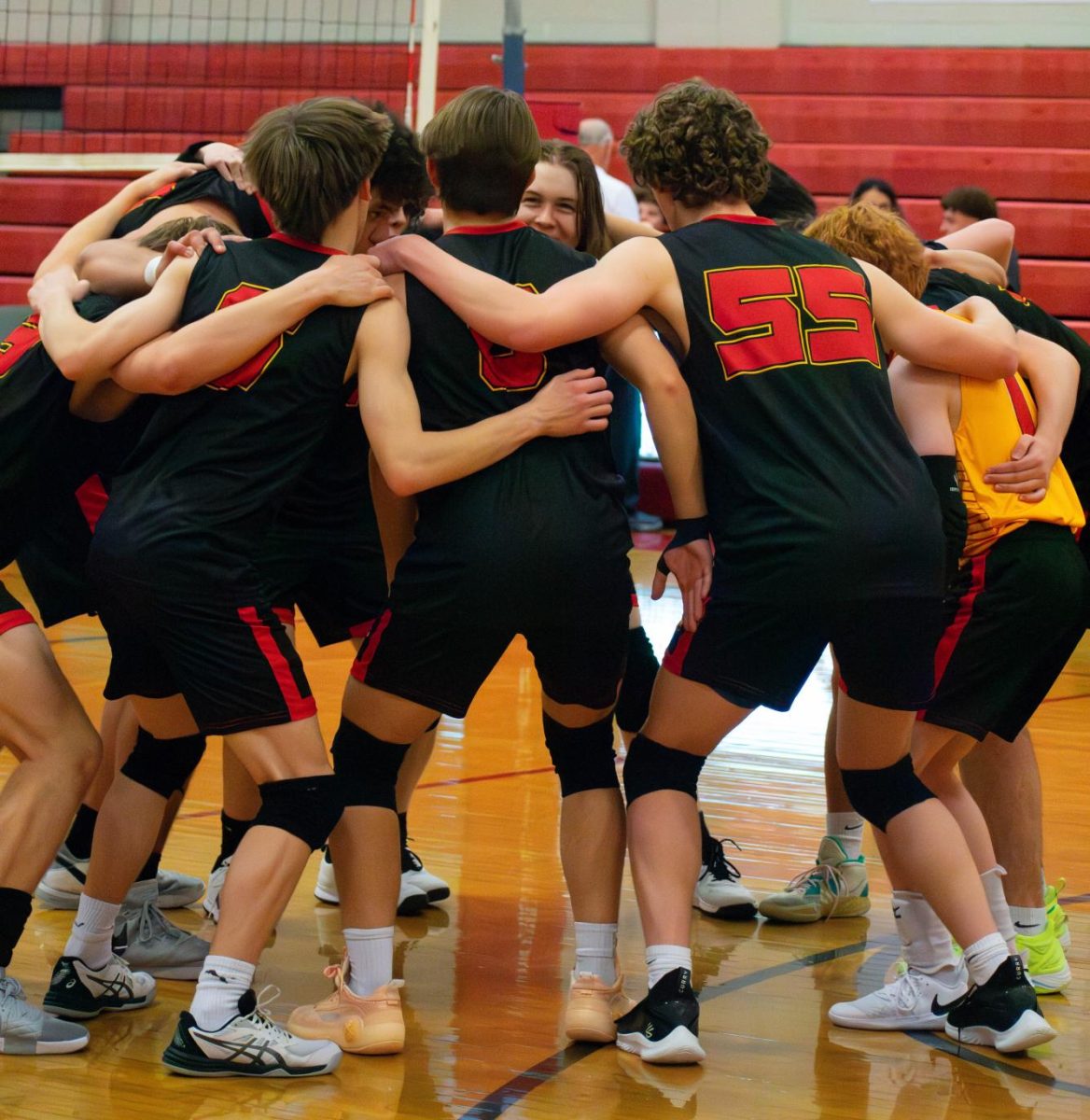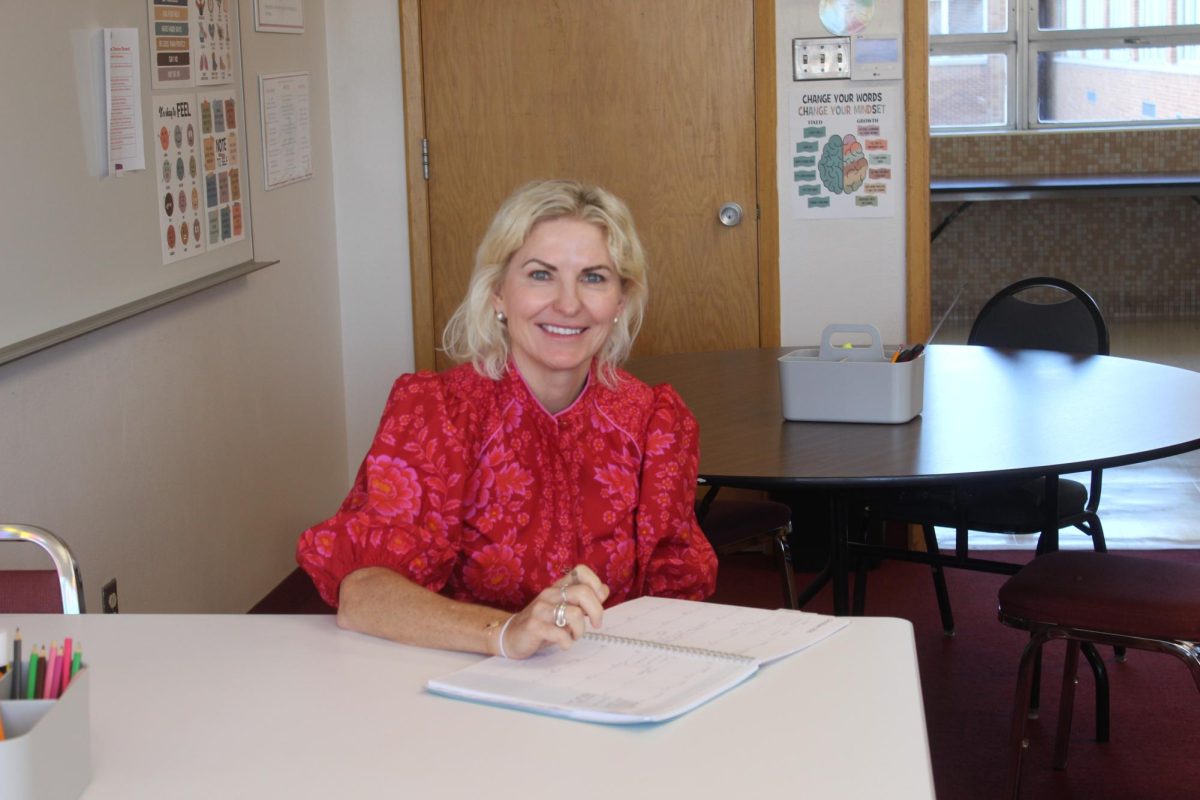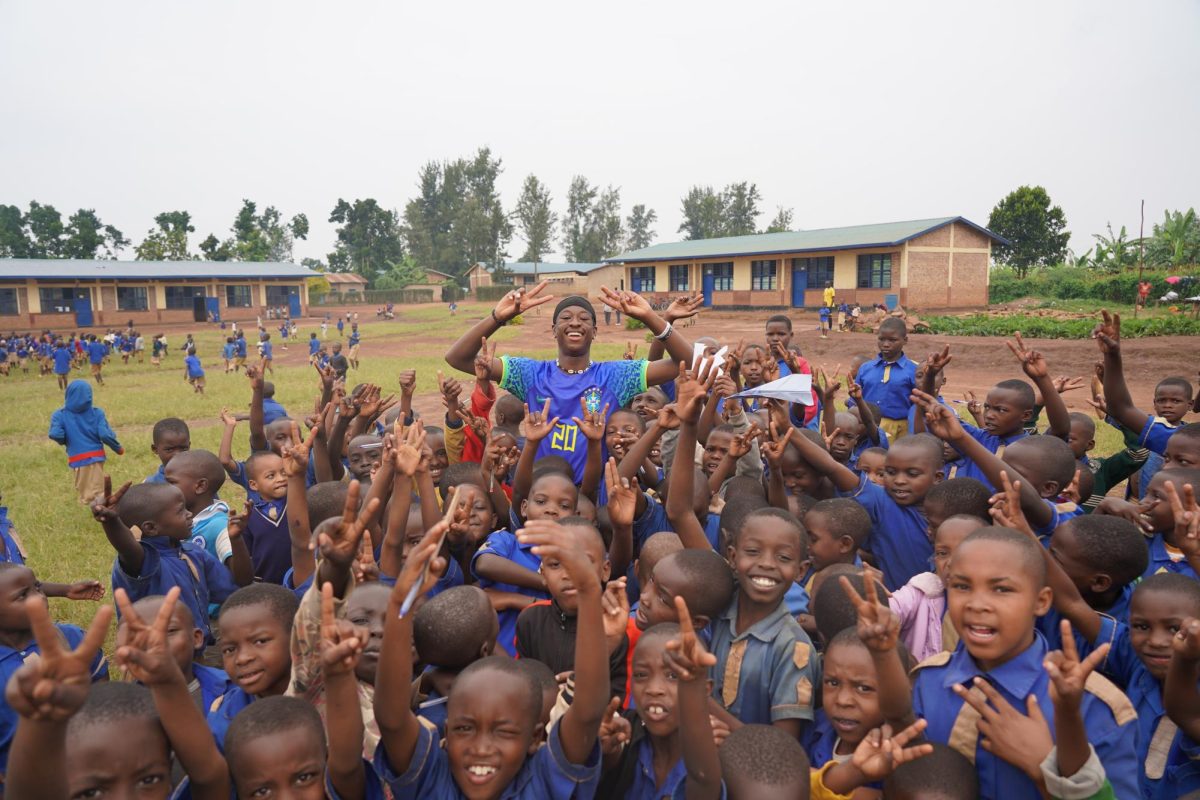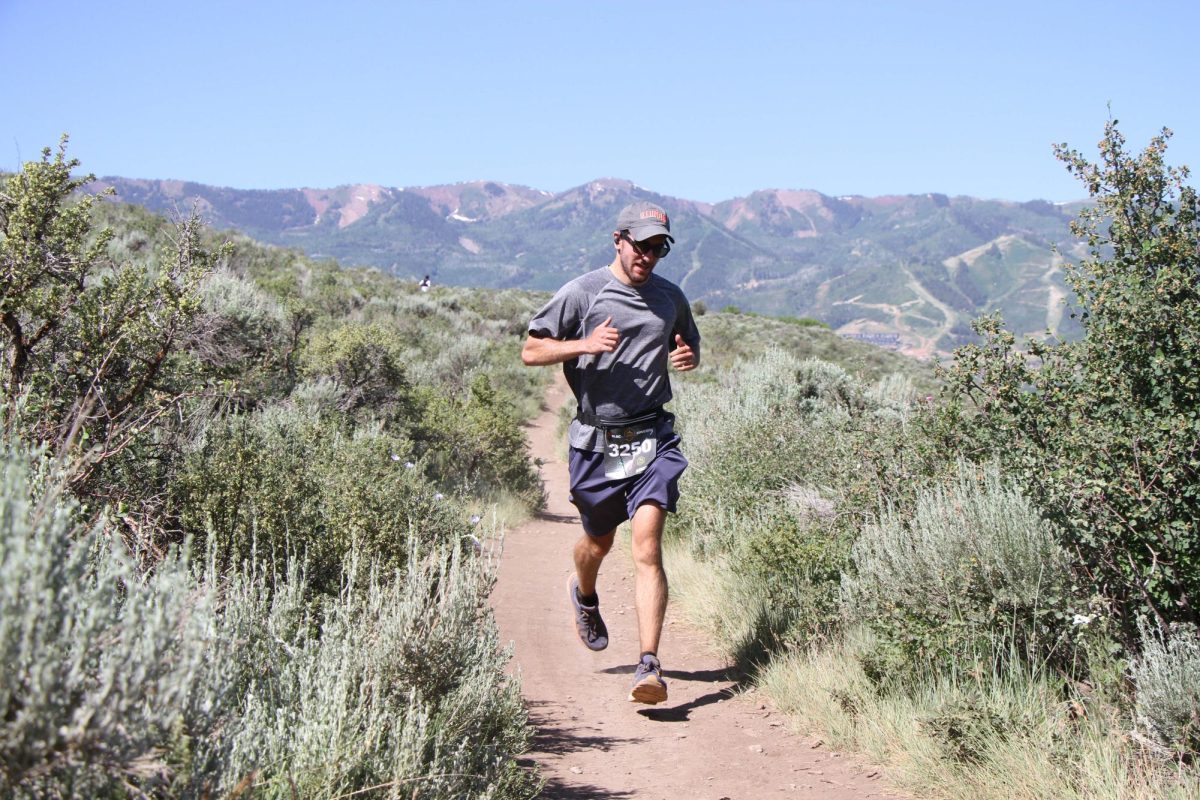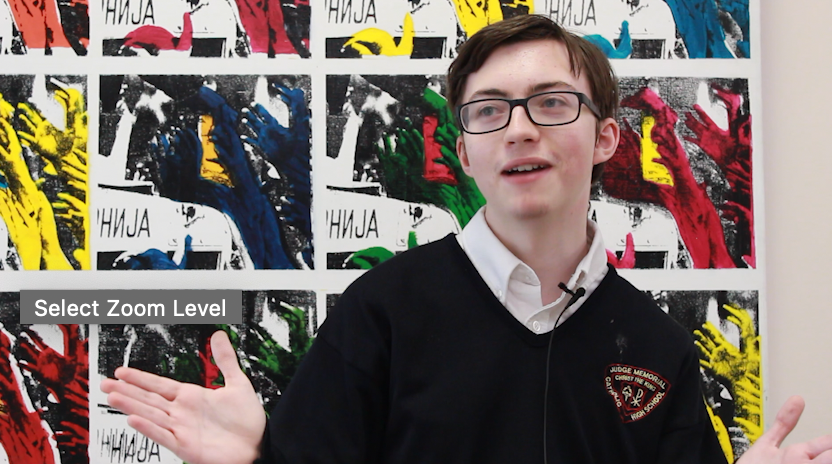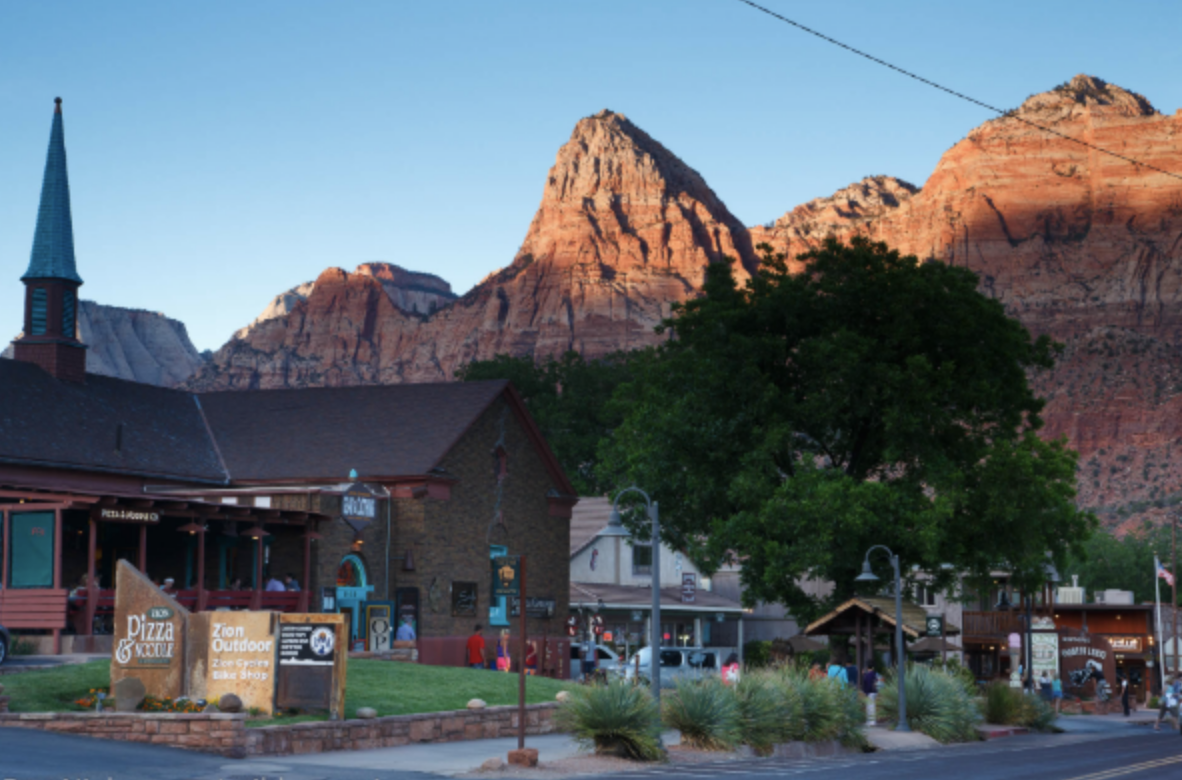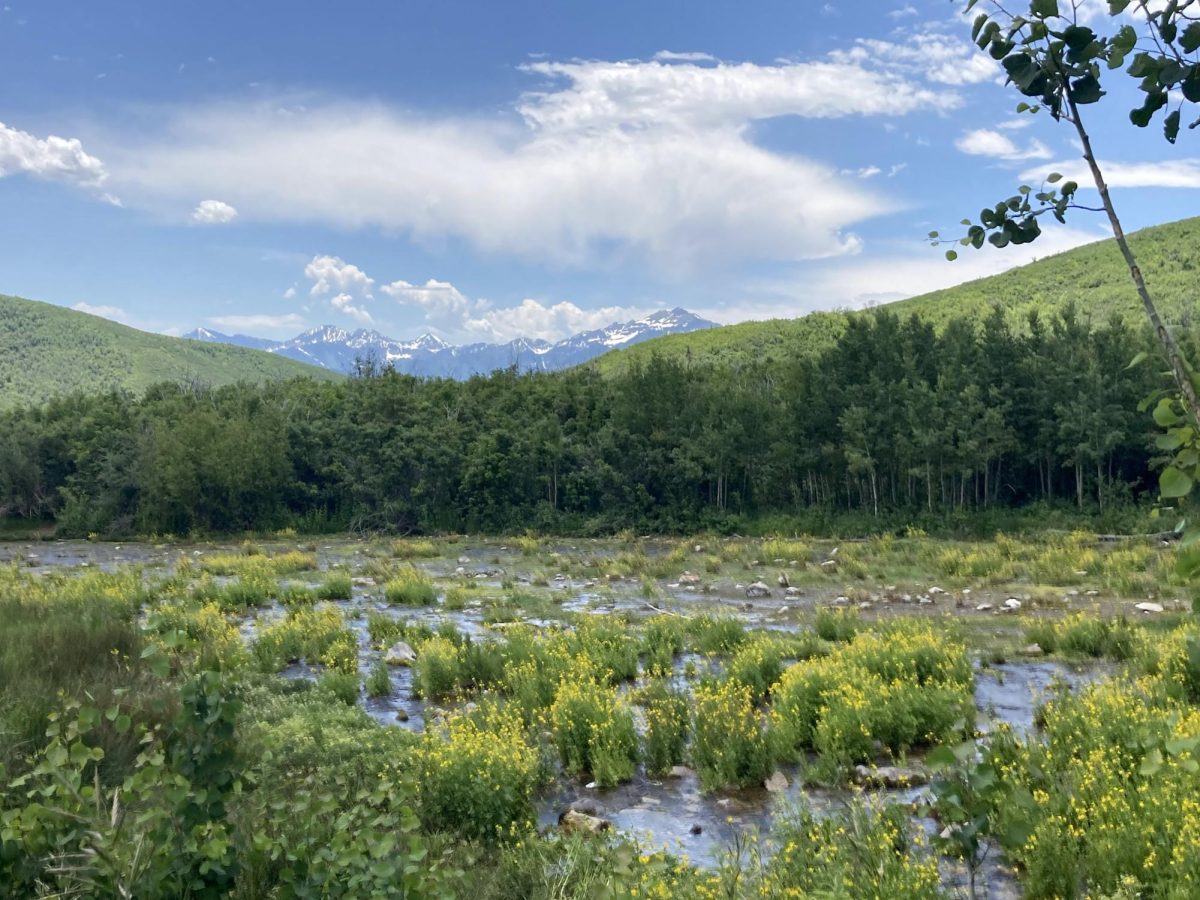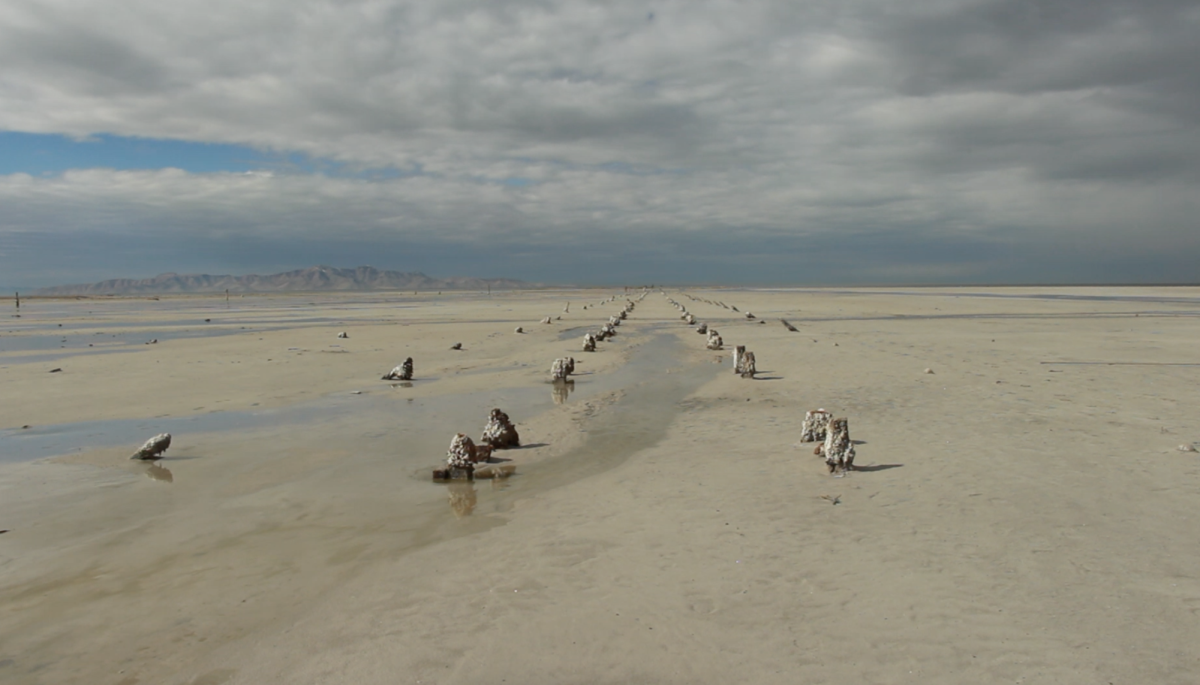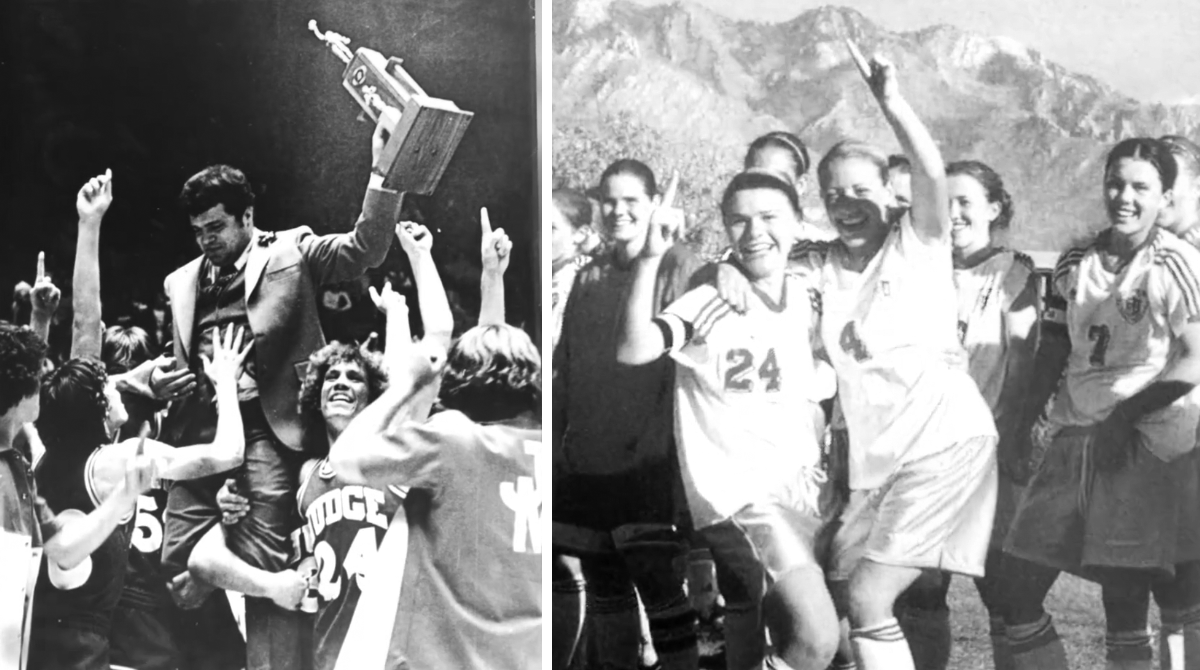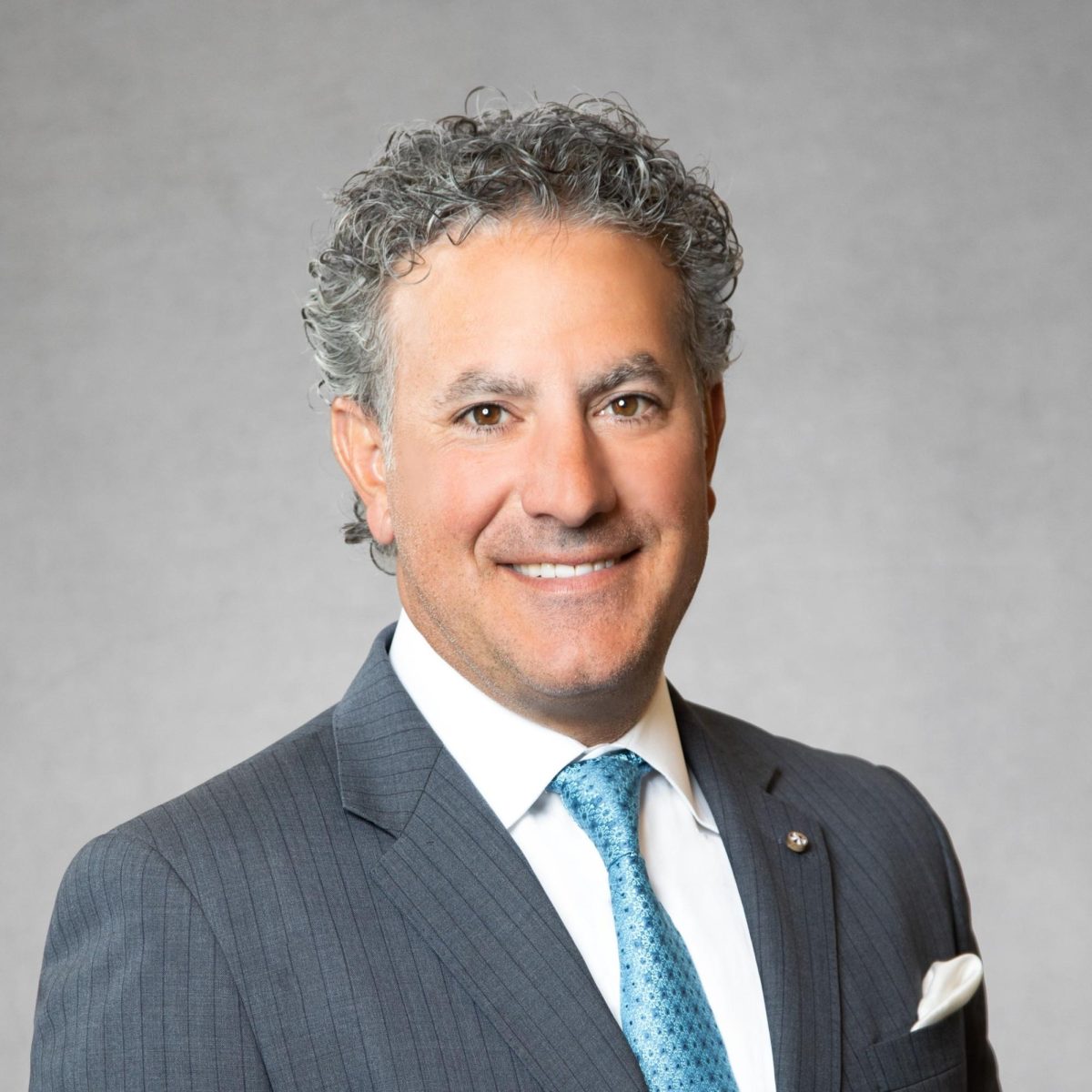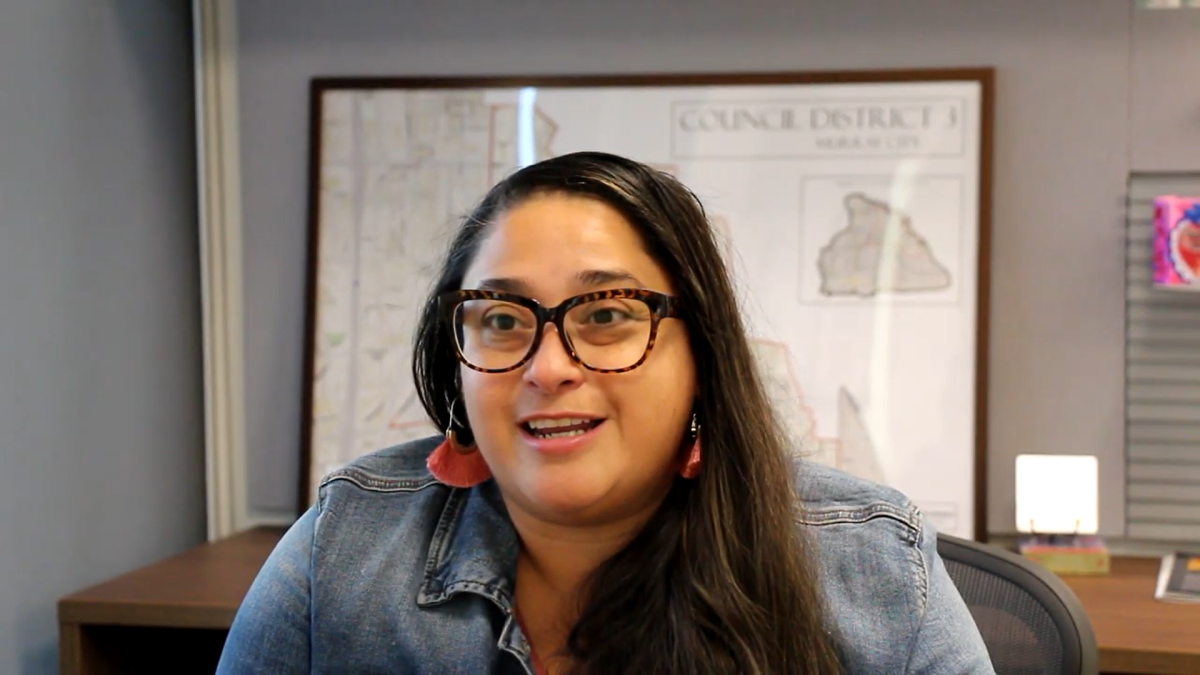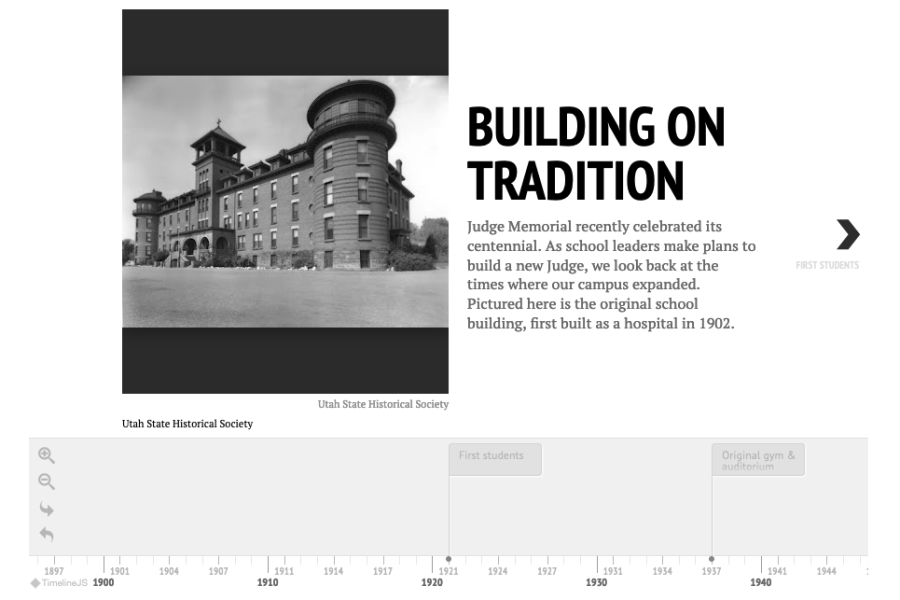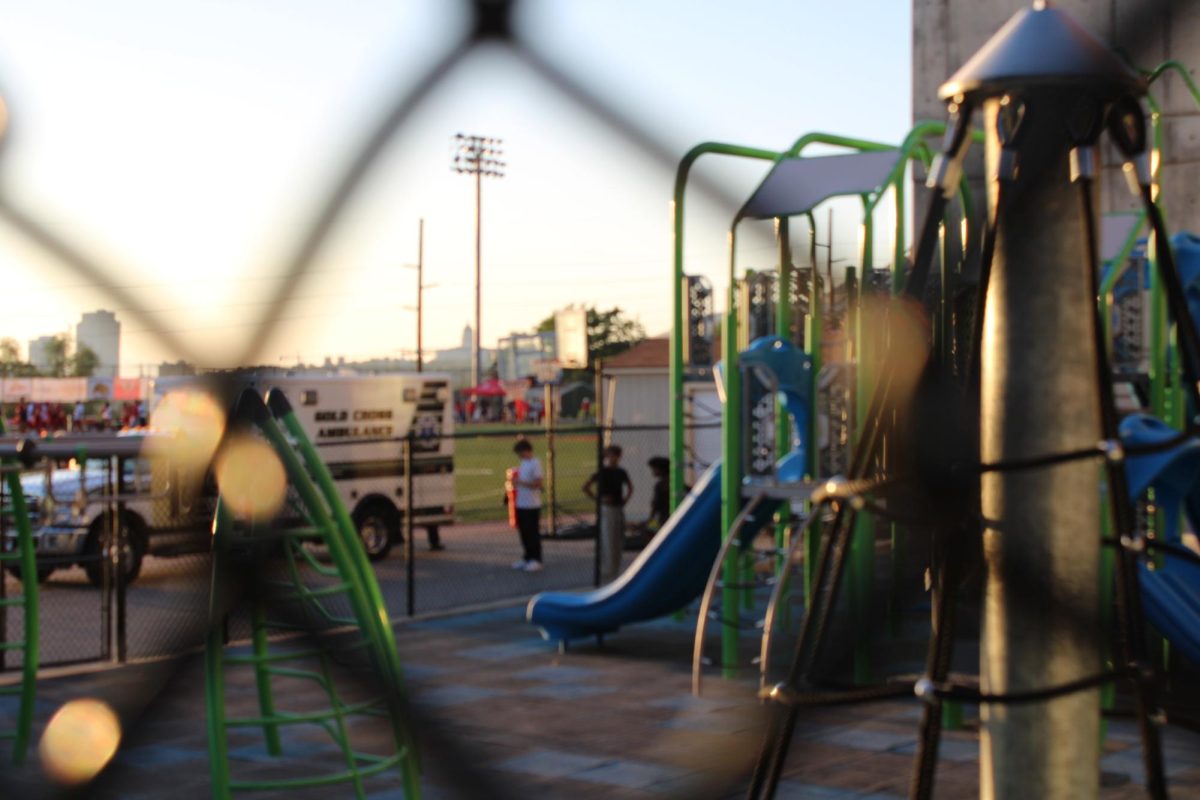Arnold Bond, Class of 1927
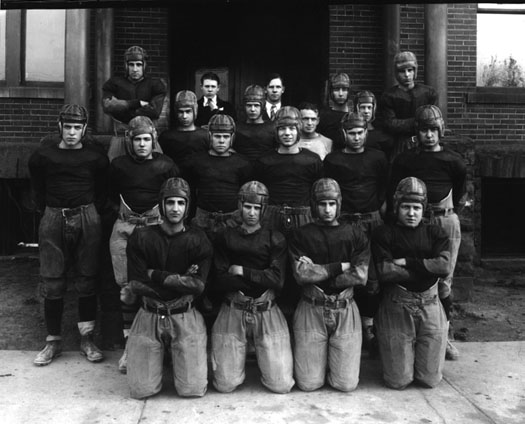
The 1927 football team. Arnold Bond is in the second row, fifth from the right. In those days players wore hardly any pads with no facemasks.
September 10, 2022
In a house on 15th East, on a chair in the kitchen, sits 94-year-old Arnold Bond. His gray hair adds character, and his sparkling eyes show years of wisdom.
“I was the second graduating class of Cathedral High School,” Bond said. He went to school in the old hospital building, before it was even called Judge. His English class was in an operating room.
Sister John Francis, sister Clara Arnez, and Sister Divictor were his only teachers. “Back then we only had one teacher for all our classes. We didn’t move around like they do today.”
Faith was the center of many Judge students in the twenties. Out of the thirteen kids in his class, six went on to St. Patrick’s seminary and three became priests. One of his good friends even became the Archbishop of Portland. While many Judge students today grumble about having to go to mass once a month, Bond went to mass every morning before school. Although Bond took his faith seriously, even he took some extra steps to make confession a little more entertaining.
“When we went to confession we always went to the priests from Europe because they couldn’t understand us. Their lines were always much longer than any of the American priests.”
For fun, Bond liked to ski, but his definition of skiing is almost foreign to the average skier today. With lifts not existing for another 20ish years, Bond and his friends took ore buckets used for mining to get up the mountain.
“None of this back-and-forth stuff. You went straight down and prayed.”
Arnold, a bit of a prankster in his day, says that his favorite memory of Cathedral High School was when three guys snuck into the school and took all the door knobs off.
“They hid them under the nuns’ platforms. I would have been there,” he joked. “But I was busy that day.”
“I played basketball, football and baseball. We didn’t do so well, but we won a lot of moral victories,” he said. They had their football practices on a concrete road. As one can imagine, Arnold doesn’t have the fondest memories of the stadium recalling that, “The concrete road provided many a skinned-up knee.”
He liked to play ball, and have fun. He sees one major difference from teens in his day to teens today, “I think we had more fun than you do.” Teenagers today talk on the phone for hours, but in Arnold’s time, this wasn’t easy. “The phones were on the wall and you had to stand to talk into them.” You didn’t have your own personal number either. You just picked up the two separate pieces (one for the ear and one for the mouth) and talked into it to see who was on the line.
Things weren’t easy back in the Twenties and Thirties. This was the time of outhouses, kerosene lanterns, the Great Depression. The Great Depression affected Arnold just as it affected millions of other teens. He was on his own a lot. “I had to get out and forage for myself.” He had to find work at a young age and his family had to move a lot to find jobs. He learned early that, “you have to take advantage of everything you can.”
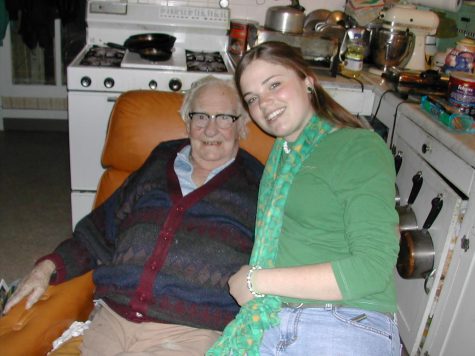
After high school Arnold went to St. Mary’s College in California for two years. Then he finished up at the University of Utah. After that he prospected in Jackson Hole. He moved to New Orleans, taking pictures for money, and then came back and did more work in Jackson Hole building trails.
“Cathedral High School couldn’t prepare me for that time in my life, that was a lot of labor. But when I went on to work for American Smelting I was well prepared.” He worked for American Smelting for 39 years, where he worked in the engineering department until he retired.
He has come back and visited the new Judge. “It’s a big improvement from what we had,” he said.
His advice to us? “Study hard, keep the faith, and don’t sass your teachers.”
Note: This is an archived Bulldog Press story, written by Laura Burchett and originally published in 2004.

